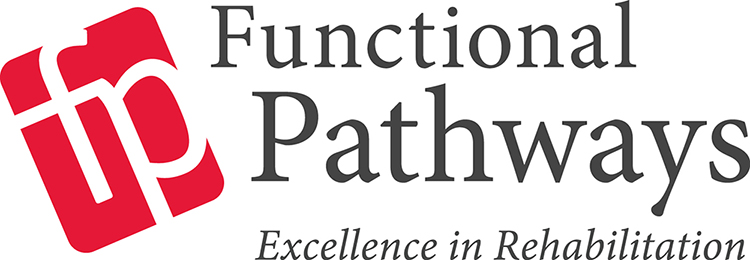The more time goes on, the more scrutiny healthcare is under. Documentation, billing, rules and regulations—when did healthcare divert the focus from patient care to regulatory obedience?
In the area of therapy documentation, the pressure is on! There is so much required by therapists to justify the services provided and ensure the medical necessity is contained within. The level of therapy documentation must be sophisticated, technical, and precise. Not only must therapists document what the resident performed in therapy, they also must ensure their documents include what they did that required their unique skills as a therapist during the resident’s treatment interventions. The components necessary in therapy documentation is overwhelming.
Now we face ICD-10 implementation in a few week and as an industry, clinical documentation is going to take flight into new directions across the spectrum. All healthcare professionals are going to have to be more descriptive, more detailed, and more thorough when documenting care in the medical record. This change will force healthcare providers to enhance their documentation style to an all-time elevated level. Therapists are accustomed to the constant auditing, education, and training to enhance their clinical documentation skills to ensure claims are paid. But how will the new descriptive documentation requirements affect other healthcare providers? Have you considered how ICD-10 clinical documentation requirements will affect your team?
In order to insure you have your ducks in a row, a successful triple check process is imperative for successful claim submission. Auditing your nursing and therapy documentation proactively to ensure that not only is the billing/RUG level is supported in the documentation, but ensure that your physician’s, nurse practitioners, and physician assistant’s documentation is specific and detailed enough to support your ICD-10 coding on the claim. If you don’t think this is the facilities’ responsibility to audit the physician’s documentation, think again. In the end, these are your medical records, your claims, and ultimately your liability.
Gina Tomcsik
Director of Compliance


Comments (0)